Sugar Mountain
$18.95
First published in 2013, SUGAR MOUNTAIN revolves around a deadly virus that starts in China and spreads around the world. Set in western Massachusetts, it was prescient not only about the recent pandemic, but about what could be in store in the future. When the virus arrives and spreads, the Arkwrights, an extended family, gather at their farm in western Massachusetts to face together the relentless mass killer. As well as the ravaging influenza, they must contend with provisioning themselves and fending off a local well-armed and ruthless para-military group all the while hanging on to enough humanity to make their survival meaningful.
Utterly gripping and frightening… — Lloyd Schwartz; A riveting read… better than many best sellers. — Bob Viarengo; I am addicted and cannot put it down. — Philip Lovejoy; I loved every page. It was fantastic. And I loved Allegra’s journal… I want to see the movie. — Anna Doyle; Thoroughly hooked. The characters and their plight stayed with me… — Jennie Summerall; But what a page turner this is! Beautifully written literature… The suspense is unstoppable; the multitude of characters flawlessly orchestrated; there’s a New England aura to it, and Allegra’s diary a wonderfully pinned down example… — Stratis Haviaris; Unfortunately, this absolutely could happen either in the way you write about or as a natural mutation of the virus. — Stephen J. Gluckman, Professor of Medicine, Perelman Medical School at the University of Pennsylvania; Medical Director, Penn Global Medicine.
Additional information
| Weight | 16 oz |
|---|---|
| Dimensions | 5.5 × 0.9 × 8.5 in |
| Format | Paperback |
| Author | Alfred Alcorn |
| ISBN | 978-0-912887-93-7 |
| Amazon | http://a.co/fW8GE3W |
| Original Language | English |
| Publish Date | 1/1/2014, 4.29.20 |
| Page/Word Count | 366 |
| Praise | and Allegra's diary is a wonderfully pinned-down example. I love every minute of it and I am only at page 216. –Stratis Haviaris, Professor of Medicine, this absolutely could happen either in the way you write about or as a natural mutation in the virus. –Stephen J. Gluckman, Unfortunately |
| Imprint | Caravel |
7 reviews for Sugar Mountain
You must be logged in to post a review.
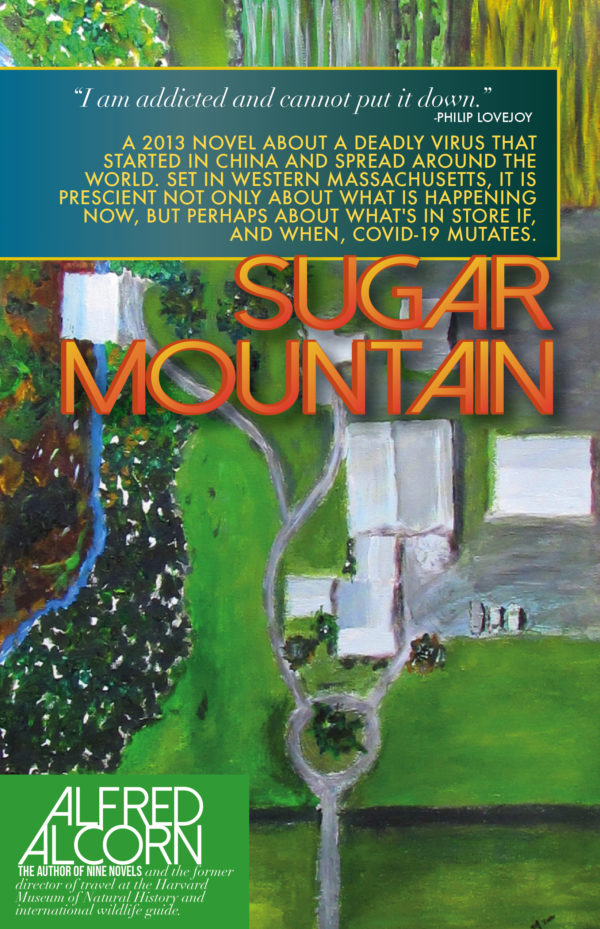
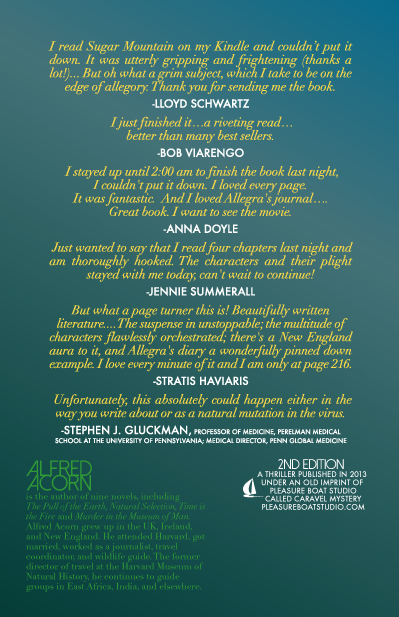
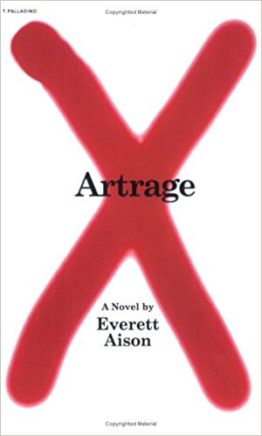

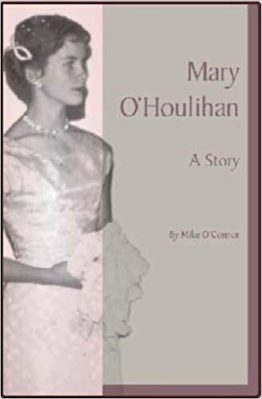
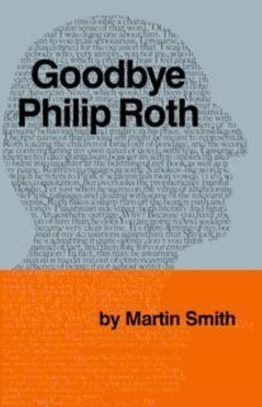
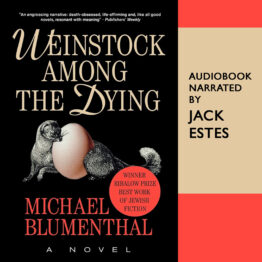
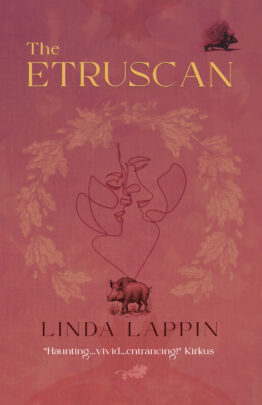
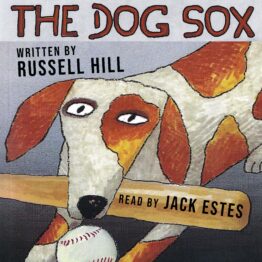
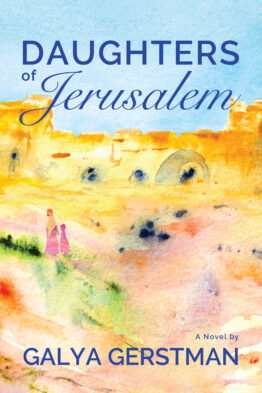
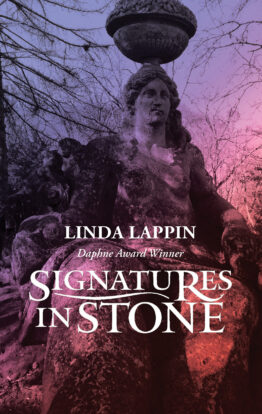
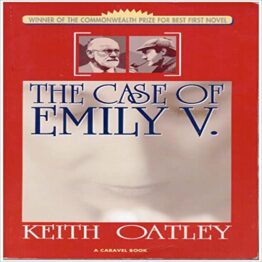

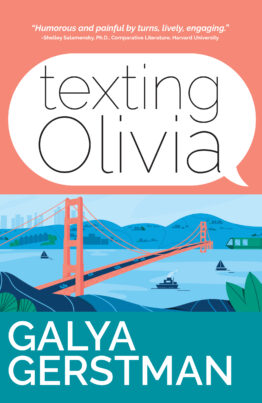

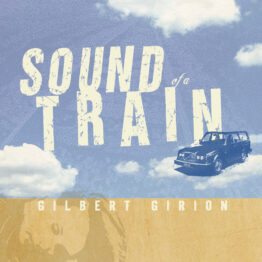
Stephen J. Gluckman, Professor of Medicine, Perelman Medical School at the University of Pennsylvania –
Unfortunately, this absolutely could happen either in the way you write about or as a natural mutation in the virus.
Stratis Haviaris –
But what a page-turner this is! Beautifully written literature…. The suspense in unstoppable; the multitude of characters flawlessly orchestrated; there’s a New England aura to it, and Allegra’s diary is a wonderfully pinned-down example. I love every minute of it and I am only at page 216.
Carrell Ray Jenkins –
For more than a decade, Alfred Alcorn has applied his estimable talents to a series of irreverent satirical mystery novels set in and around an old university that bears a striking resemblance to Harvard.
There’s nothing satirical or amusing about “Sugar Mountain.” Set in the near future, the novel deals with the gritty determination of a nuclear family of 20 high-minded men and women to survive the onslaught and aftermath of a worldwide pandemic of avian flu which kills 80 percent of the population of the United States — an event which, in the words of one noted epidemiologist, “absolutely could happen.”
This reader stands in awe not only at Alcorn’s formidable narrative powers but also the painstaking research which was necessary to give the novel a foundation of factual accuracy.
“Sugar Mountain” is a terrifying book that inevitably reminds the reader of
Albert Camus’ “The Plague” and William Golding’s “Lord of the Flies.”
Amazon comment -L.B.S. –
I have long been a fan of Alfred Alcorn’s sharp, satirical, and witty writing. Not a typical reader of what can feel like testosterone-pumped doomsday survivalist stories, I opened this book because I trust and respect Mr. Alcorn’s writing and perspective. He did not disappoint and delivered a serious, riveting apocalyptic tale that is so easy to connect with that it is impossible to put down. Set in a rural America that we all can picture – if not live there already – the book follows the Awkright family, whose members are varied, intelligent, compassionate and relatable (even to non-survivalists) because Mr. Alcorn presents their humanity. That they have been quietly and peacefully been planning for a global pandemic does not define them; they are not caricatures of militaristic doomsayers. Mr. Alcorn then unfolds a story of a rapidly spreading virus that is both horrific and believable. Every plot twist and turn feels entirely plausible, as does such a rapid descent into global and local chaos. As a reader, you find yourself thinking about what you would do, how you would survive, and – surprisingly – even thinking that perhaps it is time for you to do a little planning yourself. You will find that newscasts that mention SARS or MERS or the Avian Flu will make you stop and listen far more closely. I guarantee that this book, its characters, and its gritty realism will linger with you long after you put it down. I highly recommend it. Mr. Alcorn continues to be a masterful and thought-provoking storyteller. Trust me; you will not look at your neighborhood or neighbors quite the same way again.
Andrew Wilner, MD –
When a weaponized virus transforms the world into a post-apocolyptic nightmare, human beings struggle to survive. Sugar Mountain examines how a stubborn and resourceful extended family copes with the almost overwhelming challenges of disease, death, starvation and violence of this new world, all the while desperately struggling to maintain their humanity and ideals of civilization. The novel takes place in Western Massachusetts and has a wonderful sense of place. The characters are well drawn and slowly evolve as they face a man-made disaster that could start tomorrow with a broken petri dish in a laboratory somewhere…
Amazon reader-cannvan –
Chilling, insightful and realistic. The cast of characters is diverse, the story telling remarkable and full on. With all the buzz of prepping in this day and age it is a good look at both preparing and not. Savage and realistic a nudge of warning to all, be prepared and network. A triumph of survival. A hint of both the raw goodness and evil of man to survive…it has a happy ending, for which I was grateful. I look forward to reading more on this topic and from Alcorn. Fascinating!
MORE READER COMMENTS –
I read Sugar Mountain on my Kindle and couldn’t put it down. It was utterly gripping and frightening…. —Lloyd Schwartz;
I just finished it…a riveting read…better than many “best sellers.” —Bob Viarengo;
I stayed up until 2:00 am to finish the book last night, I couldn’t put it down. I loved every page. It was fantastic. And I loved Allegra’s journal….Great book. I want to see the movie. —Anna Doyle;
Just wanted to say that I read four chapters last night and am thoroughly hooked. The characters and their plight stayed with me today. Can’t wait to continue! —Jennie Summerall;